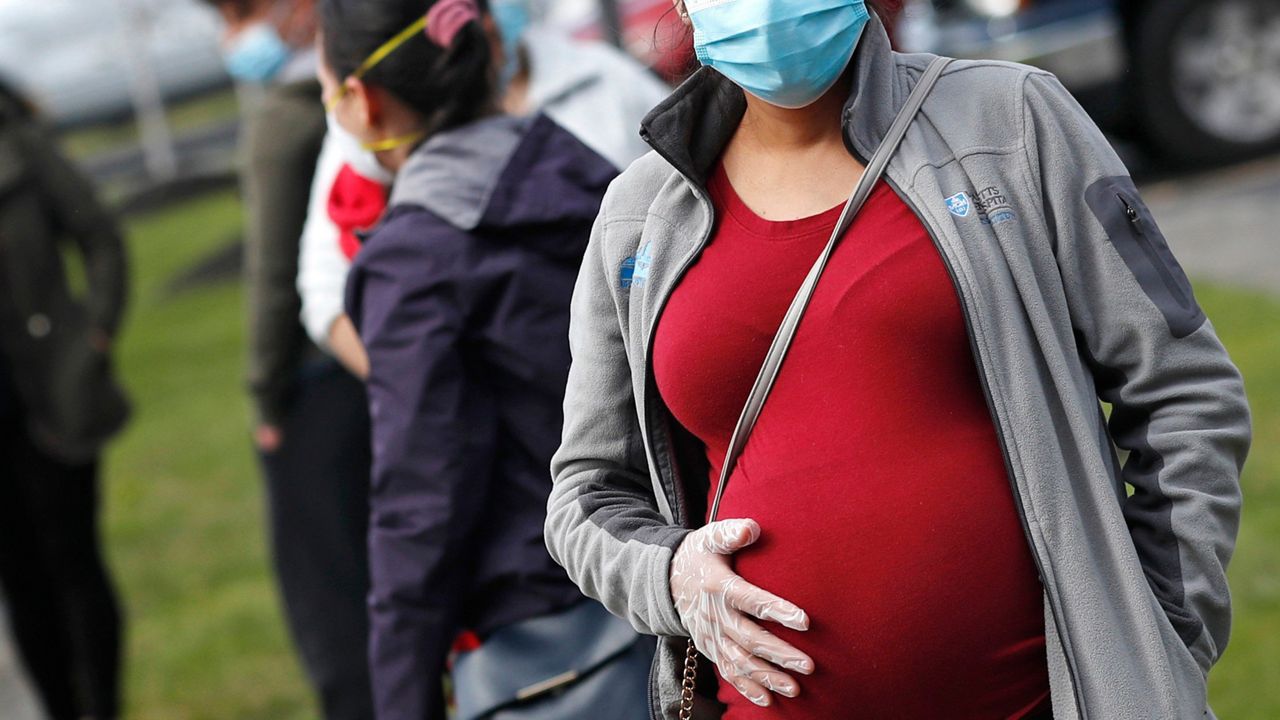Increasing benefit rates, protecting workers' jobs and making benefits portable are among the proposals from advocates to strengthen New York's paid family leave and health leave laws.
The family legal advocacy organization A Better Balance on Thursday released a report outlining areas New York could bolster its existing paid family leave measure and its current gaps that could be adversely affecting LGBTQ people, people of color and military families as well as New Yorkers who are struggling with substance abuse.
“Creating a modern paid family and medical leave program is a matter of equity for our state,” said Meghan Racklin, a senior attorney with the group. “Especially as we continue to deal with a pandemic that has had devastating economic and health consequences for many New Yorkers, making these updates will provide necessary relief and make critical gains toward economic, gender, and racial justice.”
A paid family leave law was approved in 2016, and Gov. Kathy Hochul in 2021 signed a measure that expanded it to include siblings. Hochul has proposed 12 weeks of paid parental leave for state workers, with the provision taking effect for non-unionized employees earlier this month.
But advocates say New York is not keeping pace with additional protections for workers to take time to care for a loved one or bond with a new born.
The report backed ending a cap on benefits under the medical leave law as well as making paid leave benefits portable as well as coverage for people who are unemployed. And advocates want to expand the definition of family under the law in order for people to be able to care for a broader array of chosen loved ones.
State lawmakers have also made proposals. State Assemblymember Michaelle Solages is backing a measure with state Sen. Jessica Ramos meant to address gaps in coverage for family and medical leave in New York.
"Updating the temporary disability program in New York State is a critical need for all pregnant individuals," Solages said. "This legislation will aid in addressing the crisis of Black maternal health and guarantee that workers are compensated with a fair wage while taking time off from work following a pregnancy outcome."


